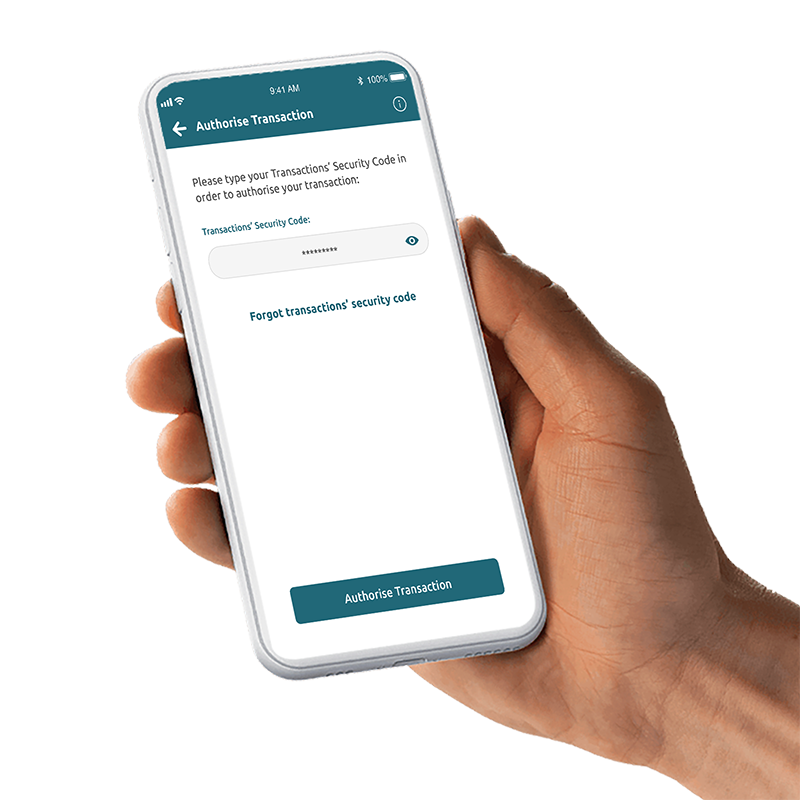You may like
You may like
Discover

The 1st step for your identification is entering your Digital Banking codes (Username and Password) and confirm them through biometric features when this functionality is enabled on your device.
Then the 2nd is the One-Time Password (OTP) you receive via SMS/Viber or push notification each time you perform a transaction from your computer or mobile device.
Monetary & Non-monetary Transactions that cumulatively exceed €1,000/day

Your feedback is valuable to us.
